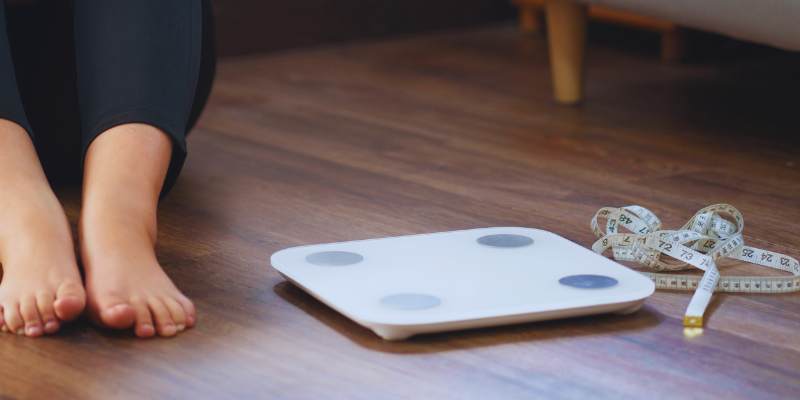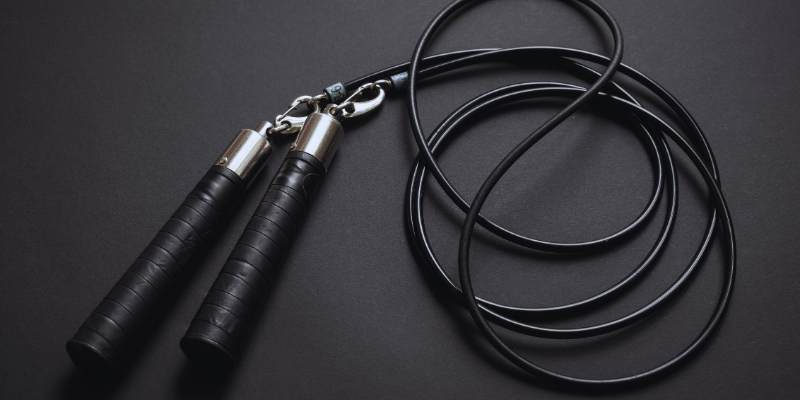Beginning a path of fitness is interesting. Your body can first show rapid changes. You might look different, have more energy, and feel stronger. Eventually, development may slow down or stop. We term this a fitness plateau. A plateau can cause frustration and trap you. You might ask whether your strategy is effective.
However, you should not panic; plateaus are natural. At some time, everyone strikes them. The secret is knowing when it is happening. It helps you maintain your improvement and modify your program. This guide will help you to identify a plateau. You will also get advice on what to do going forward. This knowledge helps you to remain driven and determined to achieve your exercise goals.

What is a Fitness Plateau?
You are on a fitness plateau when your body stops changing following consistent exercise. You might first develop muscle, lose weight, or feel stronger. Those modifications might, however, slow down or stop with time. It is expected, of course, from fitness. Your body has become adapted to your regimen. That makes it more difficult to notice benefits. You may cease growing muscle or lose weight. Though you are working hard, you could feel stuck. It is called a plateau.
Any goal, weight loss, strength, or endurance can occur. Everybody has plateaued at some time. It has nothing to indicate failure. It highlights how your body has changed. To overcome a muscle growth plateau, your muscles require fresh challenges to develop. Understanding this will help you to make wise modifications. Modifying your exercises will help you avoid the plateau. In this sense, you can keep ahead and fulfill your objectives.
Signs You Have Reached a Plateau
Understanding a plateau is essential to overcoming it. These are a few typical signs of a plateau:
- No Change in Weight or Body Shape: It could indicate that your weight remains unchanged after weeks of exercise. You may have reached a plateau if your clothing fit the same and the mirror shows no difference.
- No Improvement in Strength or Performance: Your development might have ceased when your workouts feel neither easier nor harder. You might not be able to run faster or raise more weight. Following every workout, your muscles can also feel the same.
- Lack of Motivation: If your workouts are boring or dull, Your body may be overly used to the program. Feeling less thrilled is a mental sign that you've hit a plateau.
- Feeling More Tired or Sore: Your body could be overworked if you feel particularly tired or your muscles remain painful for longer. It can restrict your advancement.
- No Increase in Endurance: Your fitness level may be stalled if your stamina doesn't improve or workouts feel harder.
Why Do Plateaus Happen?
Plateaus result from the body's adaptation. Starting an exercise program presents fresh challenges for your body. It tries hard to change. Eventually, the same workouts grow simpler. Your body is not under challenge anymore. Progress will slow down.
Other reasons include:
- Overtraining: Exercising excessively without allowing your body time to heal will slow down results and tax your muscles.
- Poor Nutrition: Ignoring key nutrients or eating too little will stop your body from losing weight or building power.
- Lack of Sleep: Enough sleep lets your body heal muscles, obtain energy, and maintain health for activity.
- Stress: Mental stress alters hormones and reduces your body's capacity to raise fitness levels.
- Not Changing Your Routine: Doing the same daily workout can slow progress. Your body needs variety to grow stronger.

How Do You Confirm You Are on a Plateau?
Before starting any adjustments, you should determine whether you are on a plateau. Monitoring your development is one approach to accomplish this. Record your exercises, weights, repetitions, times, and feelings in a fitness diary or app. Look back over several weeks. If you find no progress, you could be on a plateau. Another approach is to review your bodily measurements. Use a measuring tool to determine your waist, hips, arms, and chest.
It is a significant indication if your dimensions and weight remain the same. Consider your feelings as well. Your body may be struggling if you feel depressed before or after workouts, are more exhausted, or less enthusiastic. These symptoms let you know whether your development has stopped. Once you verify a plateau, you can make wise adjustments to your schedule. It will enable you to remain headed toward your fitness objectives.
What to Do When You Reach a Plateau?
Reaching a fitness plateau signals the need for wise and useful adjustments. Try shifting your exercise schedule first. Add fresh activities, raise weight, or use interval training to challenge your body. Second, additional days for relaxation and rehabilitation should be included. Rest helps muscles expand. Walking or stretching also helps. Eat well-balanced meals with good fats, carbohydrates, and protein. Carbohydrates provide energy; proteins rebuild muscles. Sip lots of water.
Pay particular attention to sleep. Set for seven to nine hours per night. Sleep helps in bodily healing, and it controls conflict. To relax and concentrate, try yoga, meditation, or deep breathing. Finally, create smaller, more specific objectives. Large aspirations can seem slow and difficult. Little goals keep you motivated and easy to attain. Honor little victories to keep strong and joyful. These actions will enable you to break the plateau and continue toward your desired fitness level.
Conclusion:
Everybody eventually reaches a fitness plateau; it is natural. Your body requires fresh challenges if it is to keep developing. If progress stops or slows down, do not become discouraged. Rather, change your exercise schedule, include rest days, eat well, get enough sleep, and control stress. Establishing modest, well-defined goals might also inspire you. Monitoring your development clarifies when you are on a plateau. You can pass this period and keep increasing it by being patient and making wise adjustments. Remember that fitness is a road; consistency will enable you to attain your objectives gradually. Maintain your strength!












